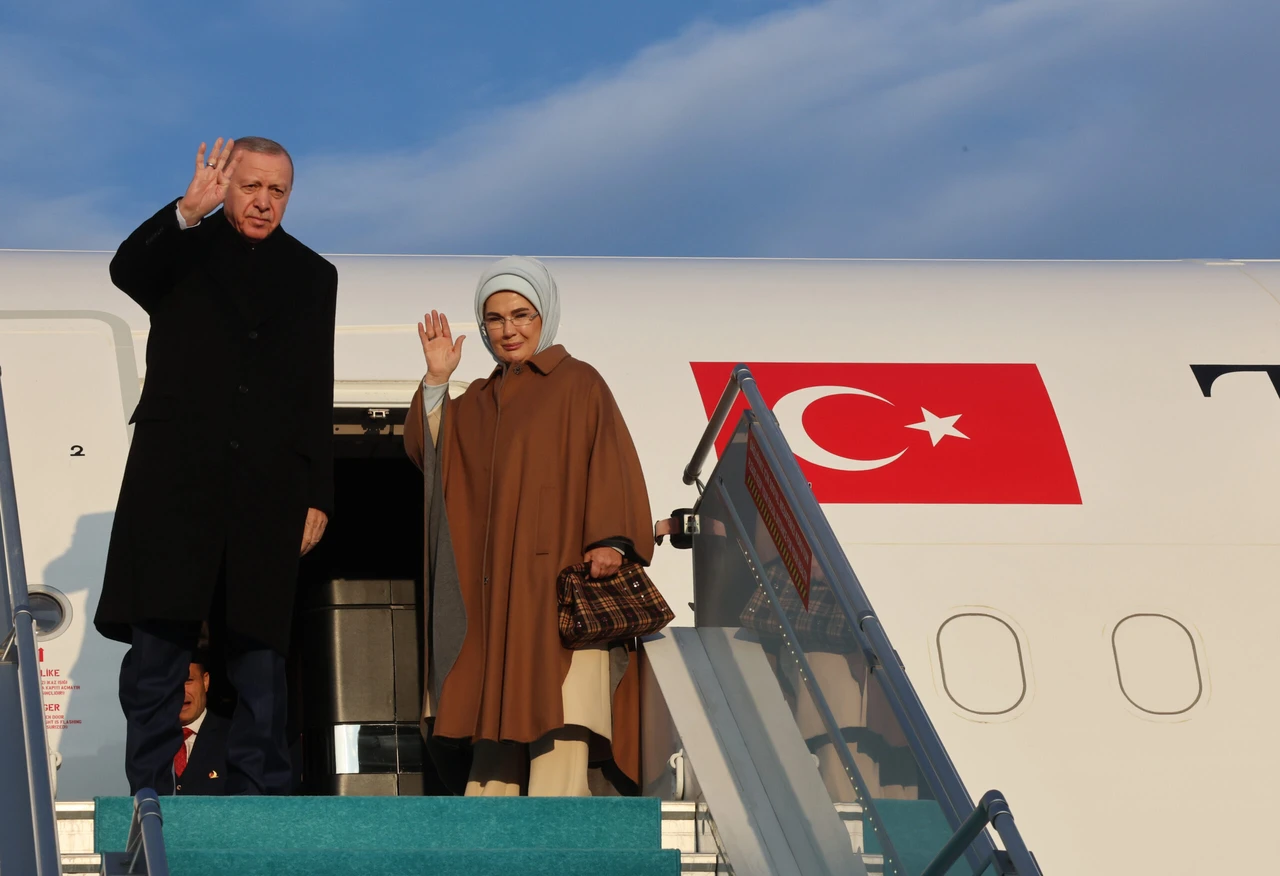NATO foreign ministers discuss support for Ukraine, Middle East security
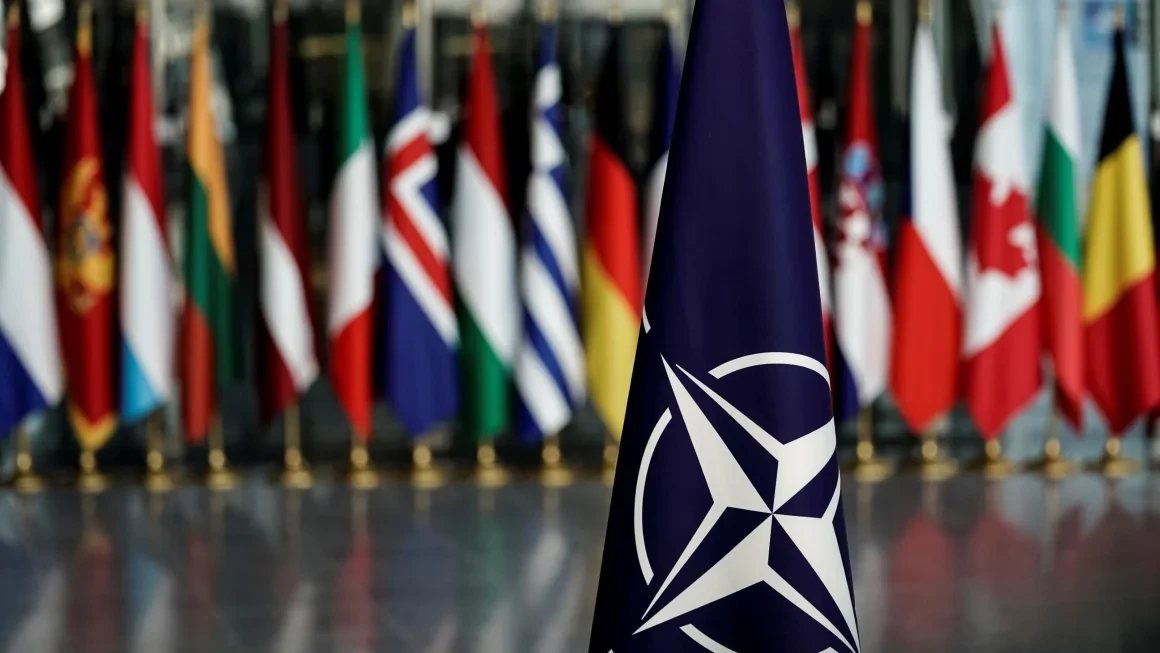 NATO flag in front of the flags of member states (AFP Photo)
NATO flag in front of the flags of member states (AFP Photo)
NATO foreign ministers have convened in Brussels to discuss continued support for Ukraine and recent developments in the Middle East.
The meeting marks the first foreign ministers’ meeting chaired by NATO’s new Secretary-General Mart Rutte, following his appointment at NATO headquarters. Rutte made remarks alongside U.S. Secretary of State Antony Blinken at the start of the meeting.
On the first day of discussions, Rutte acknowledged the ongoing challenges in Ukraine, stressing the necessity for increased military aid. He thanked the U.S., Sweden, the U.K., Estonia, Norway and Germany for their recent contributions to new support packages. He also highlighted the significance of these efforts as winter approaches and Russian forces continue to target Ukraine’s energy infrastructure.
Blinken, attending his final NATO meeting before stepping down on Jan. 20, underscored the importance of NATO being prepared for the challenges of the upcoming year, in light of the ongoing war in Ukraine and other global threats.
Blinken stated, “This is a crucial moment for the alliance to ensure readiness for the year ahead. NATO’s strength lies in the fact that we all recognize it as the best safeguard against war, the best tool for conflict prevention, and the most effective means of ensuring our collective security.”
Blinken further emphasized the alliance’s commitment to collective defense, where an attack on one member is regarded as an attack on all. This principle, he explained, is key to deterring aggressors.
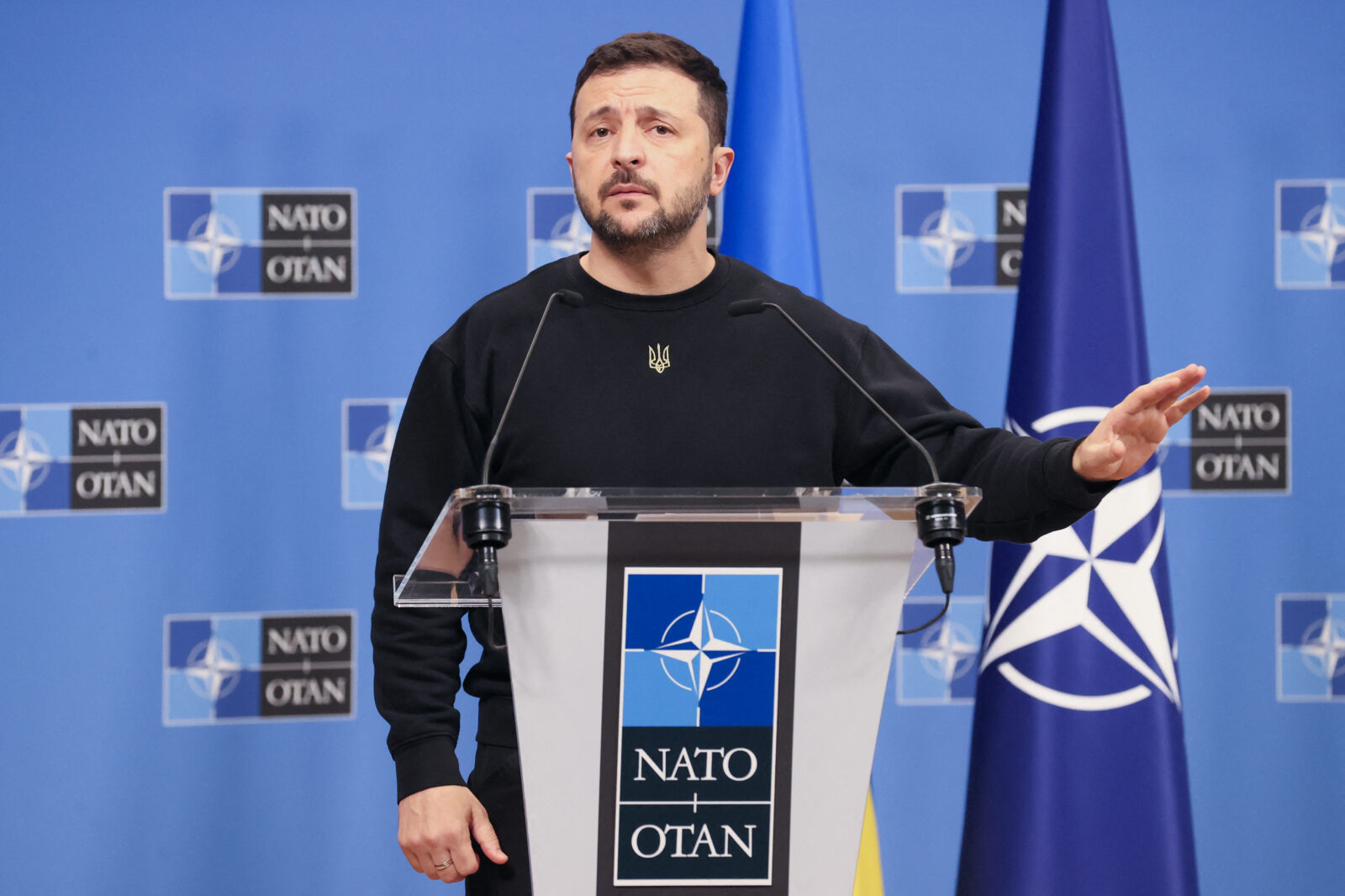
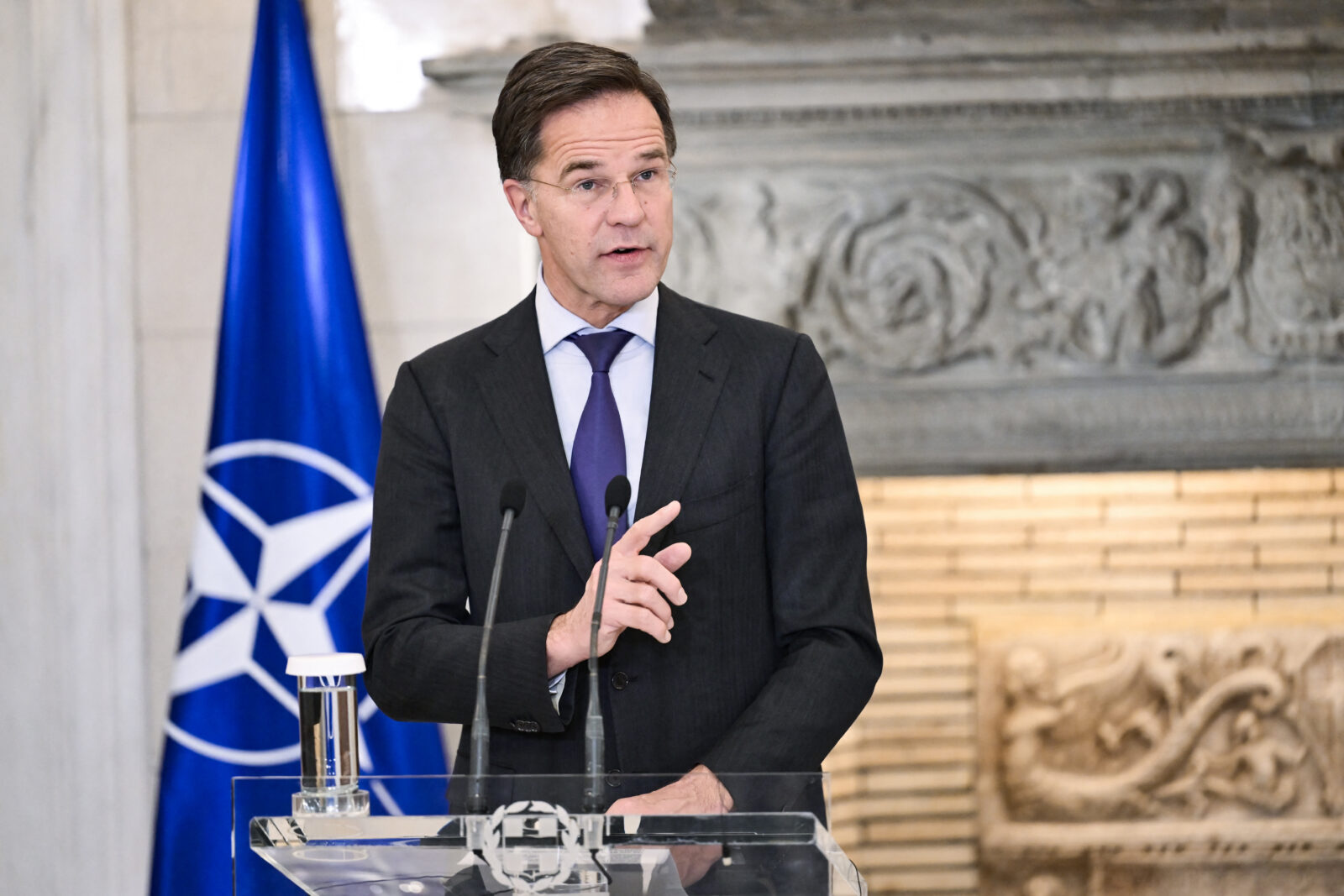
Ukraine continues to dominate agenda of NATO
The two-day meeting’s agenda primarily focuses on the ongoing war in Ukraine. The first day’s discussions will also address Middle Eastern issues, with the participation of King Abdullah II of Jordan. This session will cover regional crises and the collaboration between NATO and Jordan.
The NATO-Ukraine Council session will feature Ukrainian Foreign Minister Andrii Sybiha and the EU’s High Representative for Foreign Affairs and Security Policy Kaja Kallas. The talks will review the latest developments in the Russia-Ukraine war, including efforts to boost ammunition support for Ukraine as the war enters its third winter. The use of long-range weapons supplied by European allies to strike Russian targets, as well as allegations of North Korea’s involvement in the conflict, will also be discussed.
Rutte’s agenda will also touch on increasing defense spending beyond the alliance’s 2% target, addressing hybrid and cyber threats, and formulating responses to Russia’s increasingly provocative nuclear rhetoric.
However, the meeting is not expected to lead to a decision regarding Ukraine’s NATO membership. Rutte explained that while NATO is working on a framework for Ukraine’s eventual membership, the current priority remains increasing military support.
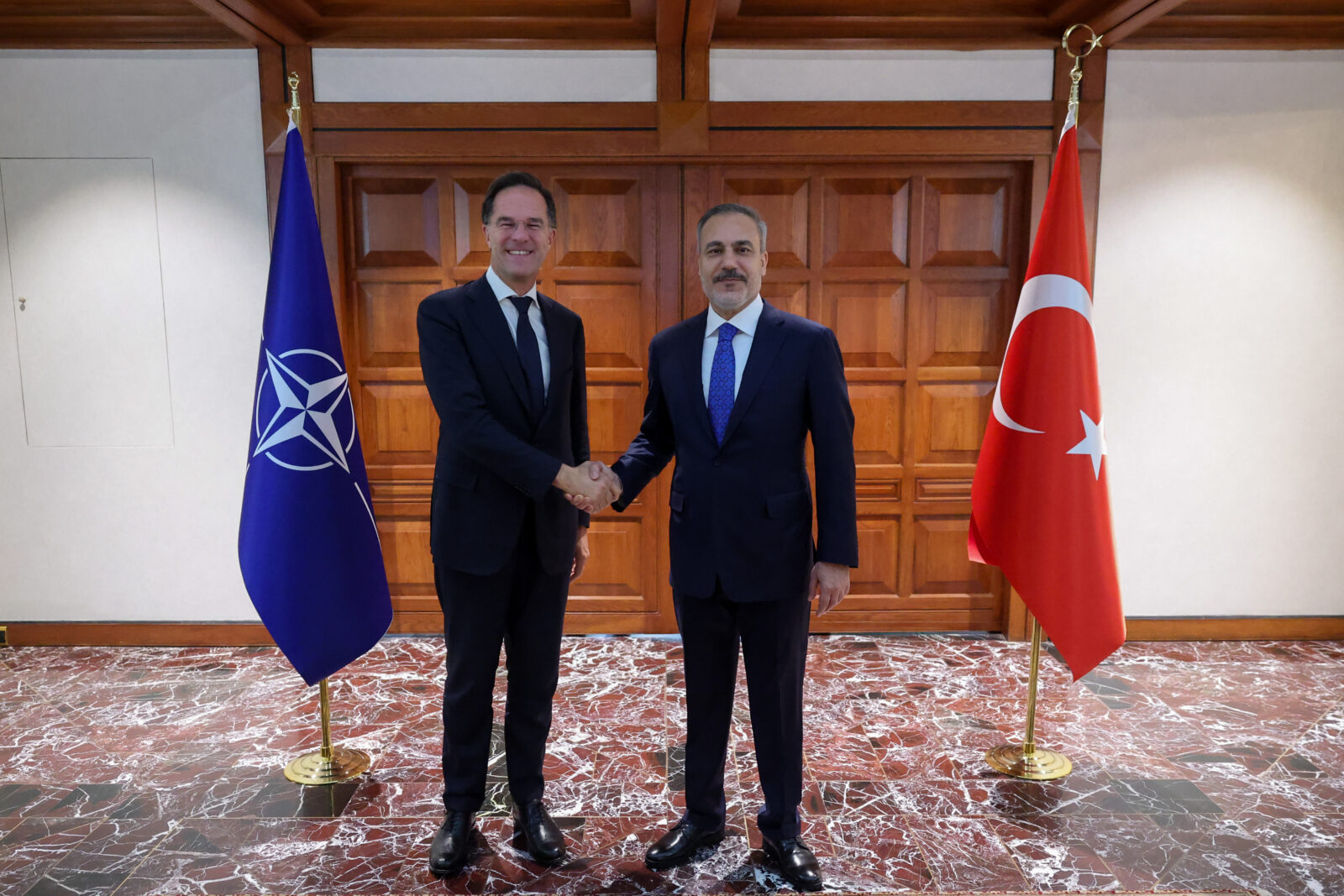
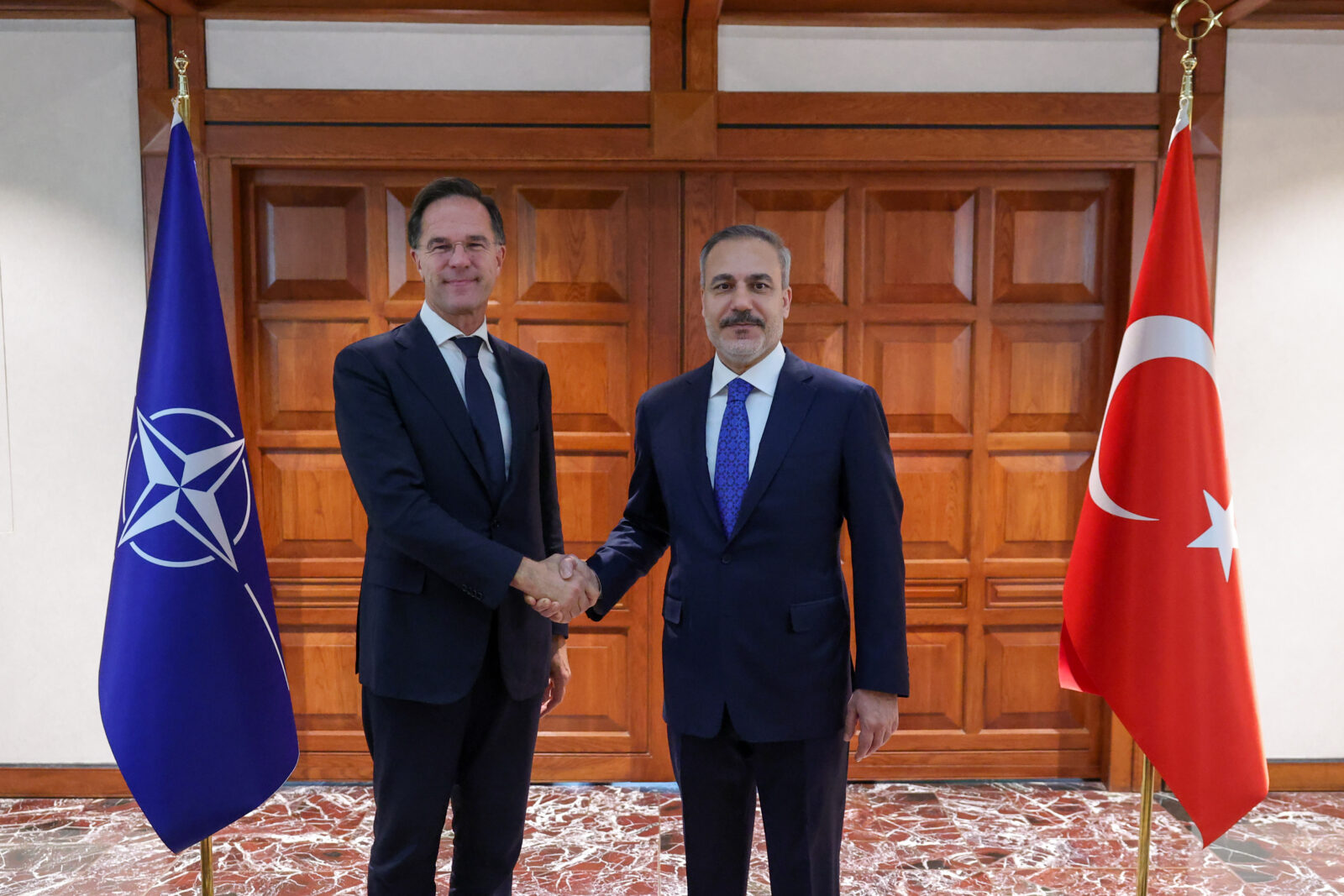
Türkiye represented by FM Hakan Fidan
Türkiye is represented at the meeting by Foreign Minister Hakan Fidan, who is expected to emphasize the destabilizing effects of terrorist groups in Syria. Fidan will reiterate Türkiye’s position on preserving Syria’s territorial integrity and unity while combating terrorism.
In addition, Fidan is expected to raise concerns about Israel’s actions in Gaza, including accusations of war crimes and the ongoing humanitarian crisis.
